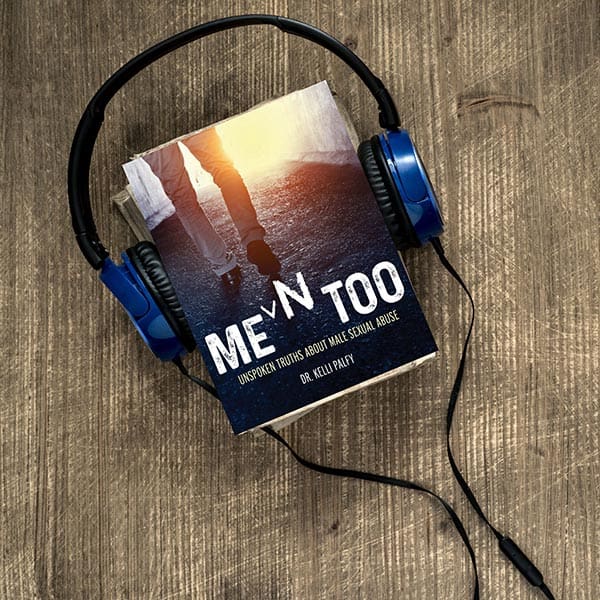Dr. Palfy shares her insights on male abuse, sexual abuse, PTSD and more.
- Male Survivors
- Dr. Kelli Palfy
If it is so common why is no one talking about it?
Currently I am conducting research at the University of Alberta to better understand why males do not commonly report sexual abuse. If you are a professional working in any capacity – from addictions treatment, correction, policing, counselling, ministry or social work – you may already know that men traditionally have not reported sexual abuse. However, this is starting to change as society makes more room for them to even be victims. Some of the more traditional reasons males don’t commonly disclose their abuse include:
1) Societal Gender Biases – from infancy, males have traditionally been bombarded with messages about what it means to be a man. These include to “suck it up”, “don’t cry” as coaches and fellow players try to encourage boys in their transition toward manhood etc. Males are also commonly told that they are in control of their sexual urges, that they have insatiable sexual appetites and that they should never turn down sex. Consequently, males often have trouble seeing themselves as victims or the idea of being a victim simply repulses them.
2) Fears of being considered homosexual – Many boys are abused by older males well before they have the intention or aspiration to explore their own sexual interests or desires naturally. When boys’ are placed in this situation, though the abuse is non-consensual, they are often too afraid to disclose it. They recall the very nature of the acts they were forced to engage in, and it deters them. Many fear they will be labelled as a homosexual (when they are not), or that they in fact are homosexual (offenders often try to convince their victims they are) and they are not prepared to acknowledge it publicly. To have to discuss this with someone would cause them secondary traumatization, so they don’t discuss it.
3) Fear of being labelled as an offender – The myth that boys who were abused will become abusers has been a huge deterrent for many. Although being abused does not predispose someone to commit similar acts in the future, until this was better researched, many people, even professionals, held this misconception. The idea of being labelled or feared as a potential future offender is simply unacceptable to a victim. Though many offenders were once victims, the reverse is not also true. Being a victim does not predispose males (nor females) to become offenders.
I medically retired from the RCMP with just over 13 years of field experience in 2009 (Reg #45004, HQ 1112) and began the journey of pursuing my doctorate degree. I am now a registered psychologist, running a private practice in Edmonton, AB. I have a strong interest in working with trauma related issues, specifically adult male survivors of sexual abuse.
I have a considerable amount of life experience and exposure, both personal and professional, which I drew upon to write my first book, Men Too: Unspoken Truths About Male Sexual Abuse (an educational, heart-wrenching look at 13 male sexual abuse victims experiences).



